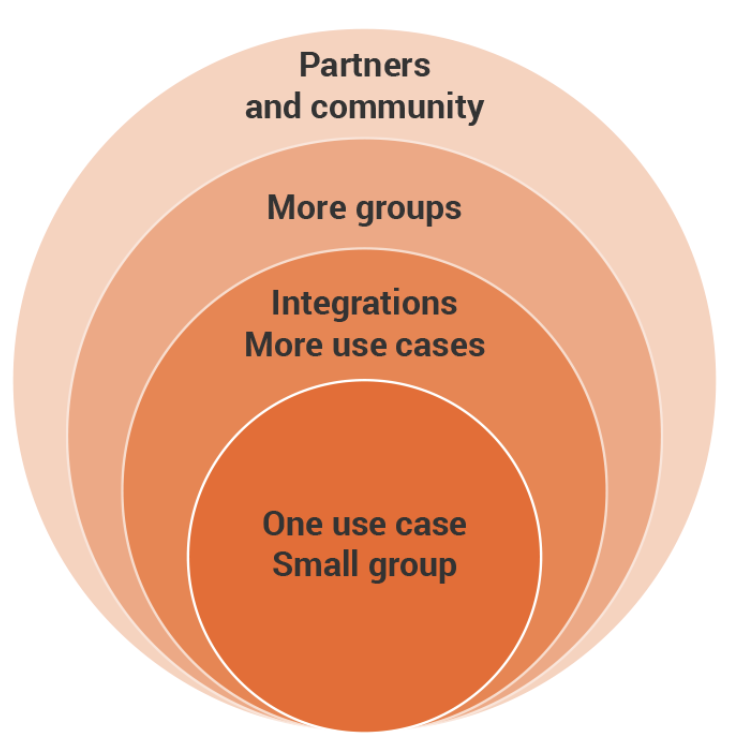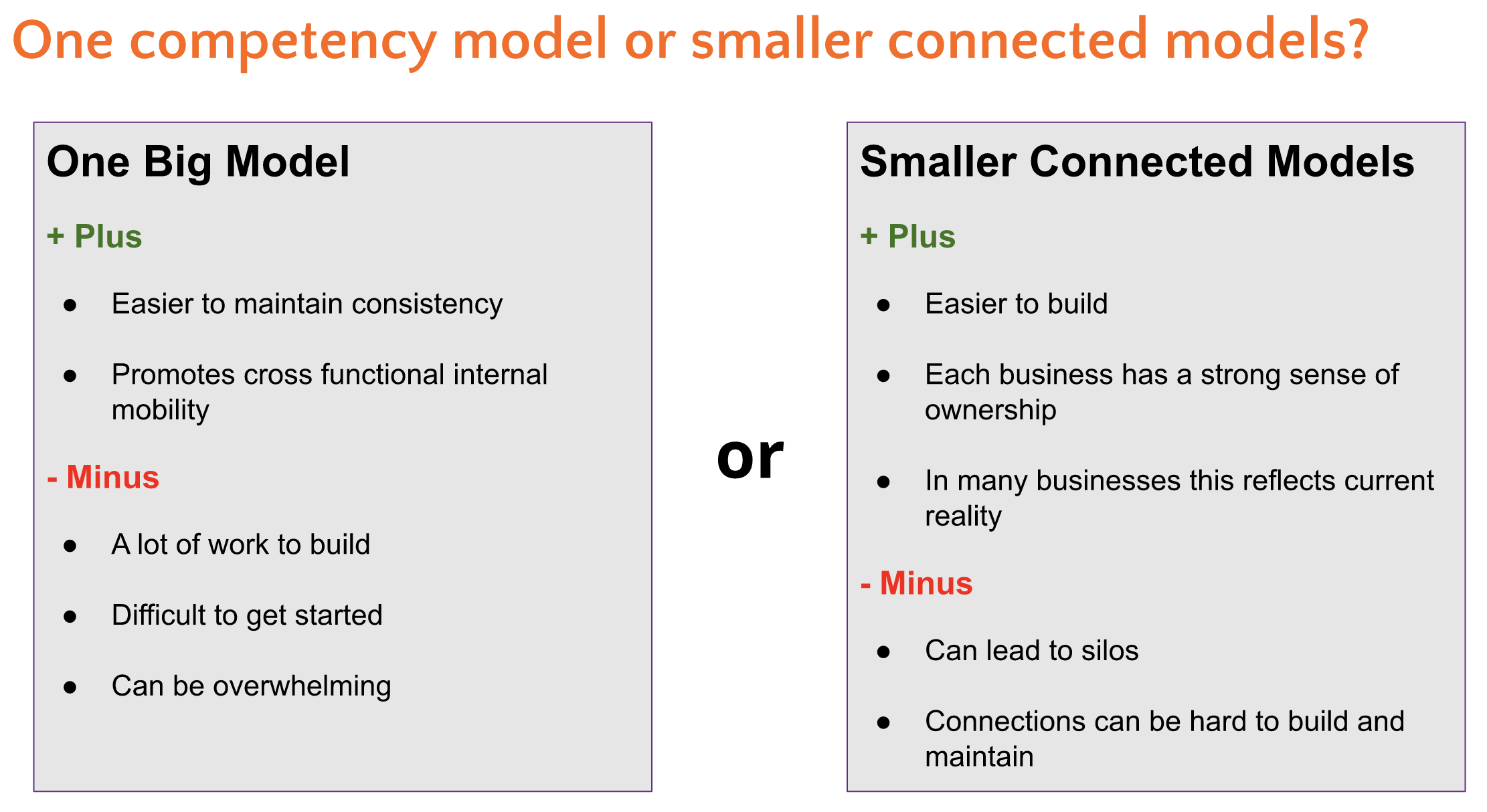Lessons Learned Launching and Scaling Capability Management Programs
Steven Forth is co-founder and managing partner at Ibbaka. See his skill profile here.
There is growing interest in the use of skill and competency management as a leverage point to build new capabilities. With people looking to the post Pandemic economy and developing plans for how they will move forward it is important to pause and look at what is working and how to approach the design of these capability programs.
There are some big choices that organizations need to make and best practices for roll out and adoption. You can view a presentation that Ibbaka did on this theme here.
The capability management transformation
Some of the key points.
The goal of capability management is to align capabilities with goals across all levels
Individual - help the individual to achieve their work and career goals
Team - bring together the right people on teams
Organization - make sure organizations have the skills they need to achieve strategic goals
Society - are we building resilient and adaptive societies that give everyone the chance to develop their potential
One of the critical best practices is to design the initial roll out around one use case for a defined group of people.
The other best practice is to support both bottom up and top down approaches simultaneously.
Leaders need to be engaged, whether the leaders are management, thought leaders, respected experts or culture bearers.
One big design challenge is to decide whether on should have one large model for the entire organization, or multiple linked models for different business functions, lines of business or areas of expertise.
This choice has many cascading implications and should be made in the context of overall corporate strategy. Highly centralized companies may want to take on the challenges of ‘one big model.’ More maticed or distributed organizations may be better off with the extra work of managing a more modular approach.
At Ibbaka we continue to research and evaluate best practices for the adoption of capability management. We will be happy to have a conversation with you on this. Reach out at info@ibbaka.com
Ibbaka Posts on Competency Models and Competency Frameworks
From user experience to competency model design - Margherita Bacigalupo and EntreComp
Competency framework designers on competency framework design: The chunkers and the slice and dicers
Competency framework designers on competency framework design: Victoria Pazukha
Design research - How do people approach the design of skill and competency models?
The Skills for Career Mobility - Interview with Dennis Green
Lessons Learned Launching and Scaling Capability Management Programs (this post)
Talent Transformation - A Conversation with Eric Shepherd, Martin Belton and Steven Forth
Individual - Team - Organizational use cases for skill and competency management
Co-creation of Competency Models for Customer Success and Pricing Excellence
Competencies for Adaptation to Climate Change – An Interview with Dr. Robin Cox
Architecting the Competencies for Adaptation to Climate Change Open Competency Model
Integrating Skills and Competencies in the Talent Management Ecosystem
Organizational values and competency models – survey results





